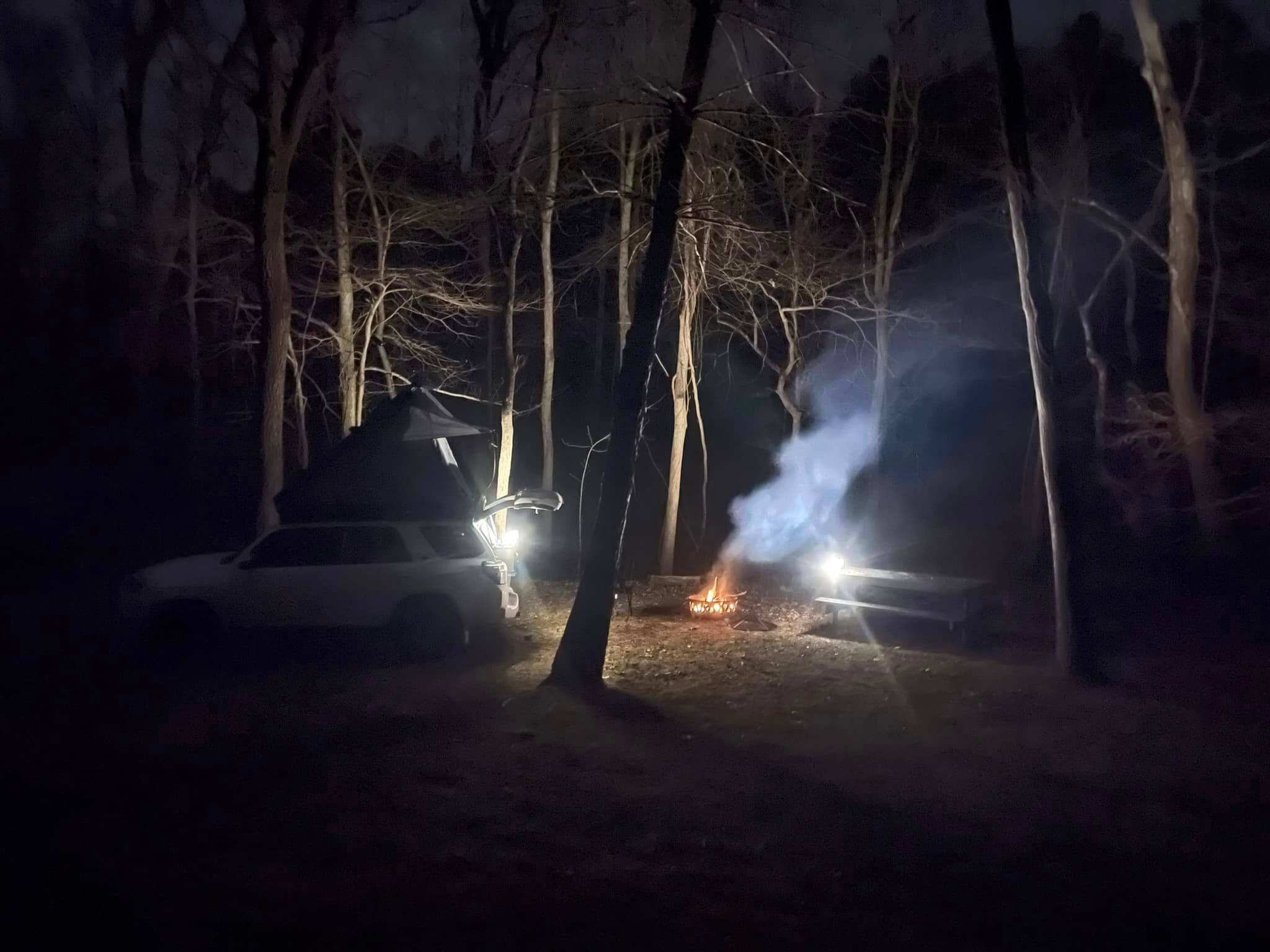Overlanding is a journey that connects us with nature and diverse communities. It’s essential to preserve these environments and foster positive relationships with fellow travelers. This guide delves into comprehensive overlanding etiquette, ensuring that your adventures are responsible and sustainable.
Leave No Trace:
- Principles:
The Leave No Trace (LNT) principles are the foundation of respectful overlanding. These guidelines help minimize your impact on the environment:- Plan Ahead and Prepare: Know the regulations and special concerns for the area you’ll visit. Preparation reduces environmental damage and enhances your safety.
- Travel and Camp on Durable Surfaces: Stick to established trails and campsites. Avoid fragile environments like tundra, wetlands, and desert cryptobiotic soils.
- Dispose of Waste Properly: Pack out all trash, leftover food, and litter. Deposit solid human waste in cat holes dug 6-8 inches deep at least 200 feet from water, camp, and trails.
- Leave What You Find: Preserve the past and leave rocks, plants, and other natural objects as you find them. Avoid introducing or transporting non-native species.
- Minimize Campfire Impact: Use a lightweight stove for cooking and enjoy a candle lantern for light. Where fires are permitted, use established fire rings, fire pans, or mound fires.
- Respect Wildlife: Observe wildlife from a distance. Do not follow or approach them. Protect wildlife and your food by storing rations and trash securely.
- Be Considerate of Other Visitors: Respect other visitors and protect the quality of their experience. Yield to others on the trail and keep noise levels down.
Campfires:
In addition to LNT principles, consider the following when managing campfires:
- Alternative Cooking Methods: Use portable stoves or grills to reduce the need for wood fires. These are cleaner and more efficient.
- Firewood Collection: If fires are allowed, use dead and downed wood. Avoid cutting live trees and branches.
- Fire Safety: Keep fires small and manageable. Ensure the fire is completely extinguished before leaving the campsite.
Respect Local Communities:
Cultural Sensitivity: Overlanding often takes you through diverse regions with unique cultures. Show respect by:
- Learning Local Customs: Understand and respect local traditions and practices. A little research can go a long way.
- Polite Interaction: Greet locals courteously and ask for permission before taking photographs. A few words in the local language can create positive interactions.
Land Access:
Many overlanding routes cross private or protected lands. Always:
- Seek Permission: Before entering private lands, ask for permission from landowners. Respect any posted signs and boundaries.
- Follow Regulations: Abide by local rules and regulations regarding land use, camping, and off-roading. These are in place to protect the environment and local communities.
Wildlife Protection:
Safe Distance:
Interacting with wildlife is a highlight of overlanding, but it’s crucial to:
- Maintain Distance: Use binoculars or cameras with zoom lenses to observe wildlife without getting too close.
- Avoid Habituation: Do not feed animals. This prevents them from becoming dependent on human food, which can lead to dangerous situations for both wildlife and people.
Food Storage:
Proper food storage is essential to protect wildlife:
- Bear-Proof Containers: In bear country, use bear-proof containers or hang food in a tree, away from your sleeping area.
- Secured Campsite: Keep your campsite clean and store all food, trash, and scented items securely.
Trail Courtesy:
Right of Way: Shared trails require mutual respect:
- Yielding: When encountering hikers or bikers, give them the right of way. Slow down, pull over safely, and let them pass.
- Communication: Use hand signals or radios to communicate with other overlanders on narrow or difficult trails.
Quiet Campsites:
Respecting the peace and quiet of shared spaces enhances everyone’s experience:
- Noise Levels: Keep noise to a minimum, especially during early mornings and late evenings.
- Group Behavior: If traveling in a group, encourage quiet conversations and avoid loud music.
Adhering to overlanding etiquette ensures that you protect the environments you explore and foster positive relationships with other adventurers and local communities. By following these guidelines, you help sustain the overlanding tradition for future generations while enjoying your own remarkable journey.


